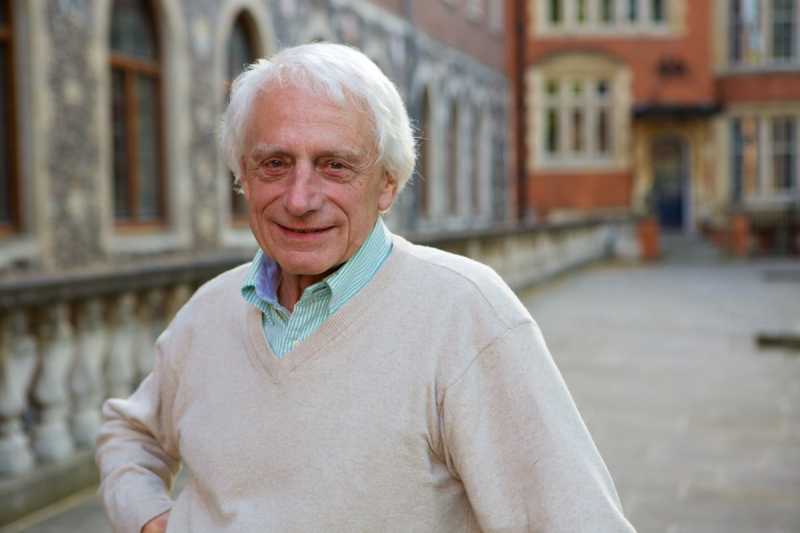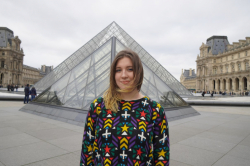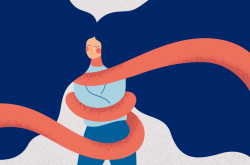With such an explosion of information around, and the power of social media influencers, how do young people sift through all the different options available and make the right choices for themselves?
It is a new reality we have to face, which is especially difficult for young people. We have so many choices nowadays that human beings never had before. And this can make us crazy: how do we choose, to avoid losing out? How do we get the most of all these possibilities, so that we can grow in all of them? Many people draw their attention to what is on the outside and so they copy those they follow on social media, or fall under the influence of what is fashionable or what gives the most money.
To come to a good choice that will provide us with a valuable life we need to first build a good relationship with ourselves. It is crucial to take the time to find out what you want to invest energy in. For example, there are many options of how to spend one’s evening. It is best to close your eyes and ask yourself: What is most important for me? What do I really want? What is valuable and will help me also for tomorrow, and has a long-lasting effect. For instance, what if I read a book instead of scrolling through the internet? Reading a book, playing music, reading a poem, or speaking with a friend, this could be more long-lasting. This decision should come from the inside, rather than being seduced by outer possibilities.
Of course, we are all seducible, it is human. It is okay from time to time to get distracted by a funny video when we actually need to work or study. However, if I make choices without making reference to what I personally feel, and I don’t see the value of what it means to me, I will lose good opportunities, and become dissatisfied afterwards. I will feel empty, because I didn’t do what really nourishes me in my life, and show how I am fruitful for others.
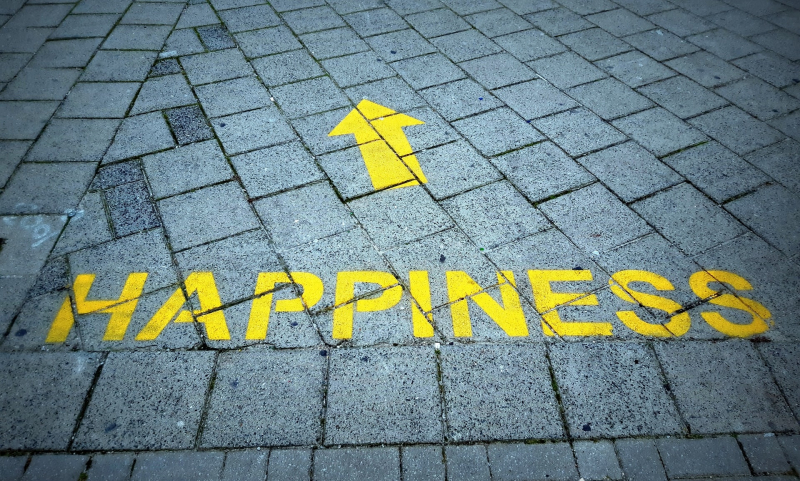
The “fear of missing out”, and anxiety about making the wrong choices is becoming more prevalent amongst young people. What can they do to deal with these feelings of anxiety?
We can compare such fears with going to a huge buffet – there are so many appealing and tempting dishes, but unfortunately, we cannot eat them all. Even if we try a small piece of everything that is there, it will still be too much. To deal with this huge buffet we have to restrict ourselves to a limited entrée, and then a limited main meal, so we can still make it for dessert.
We can learn to structure our possibilities, by making a hierarchy of what we like the best. If I select my dishes based on what is the tastiest food for me, then, I will not be sad that I didn’t taste the other things. To do this, I also must understand that taking more than I can handle, will leave me with a heavy stomach.
When I do something that makes me feel happy, and is fulfilling, then I see and experience the value that’s in it. It’s the same with choosing a partner: there are thousands of possible partners in the world but if I am happy with this partner, why would I look for a different person? Why would you look for someone who could potentially be better, if I already have a deep and powerful connection now?
In other words, it is a question of limitations that we all have to face – we simply cannot have everything. We have to accept that we can only have one thing at a time, and if we make good choices at the time, we will be satisfied with these choices. Although we cannot know everything in advance, and sometimes may make a less preferable choice, but we should find the good in what we have chosen and learn from it.
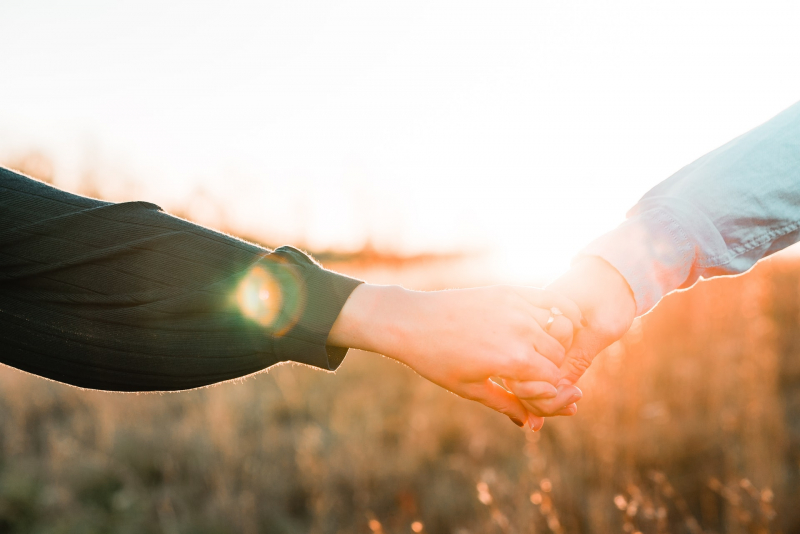
How do we approach the obsession that often exists with success, fame, and wealth? Seeing examples like Elon Musk, makes people believe that they can be just like them, but very few can, how can they deal with that?
It is nice to have dreams. It can be useful to read biographies to see how lucky and how successful people we have been. And it is fantastic to see that this is possible. But the biggest enterprise that we can do is becoming ourselves. There are many people who are extremely rich but unhappy. On the other hand, there are people who are extremely poor, but happy.
Happiness and fulfilment in life doesn’t depend on achievements. Rather, it depends on engagement, and commitment, and on how much inner consent I have with what I do or do not do. Taking time to look at the inner “yes”, and being aware of what I do helps to have a rewarding life. If I do something without inner approval just because it makes money or out of fear or ambition, it empties my life. Even modest elements of your day, like talking with your child, or helping them with their homework, can help to improve your life and the life of another.
Ambition for money and success is not an internal motivation. According to Viktor Frankl, success is not something we can reach directly. The more you want to get success, the less you will have it. Success comes automatically when we are engaged, and make choices based on our values.
Success is also based on external factors. Sometimes no matter how much I invest in something, there are external circumstances that can either make it successful or destroy all my investment. Nevertheless, my task is to invest, to sow the seed on the field, and to let it grow. The success is what grows by itself. The more I concentrate on my own engagement, the higher the chance that something valuable will come out of it.
The final element to success is who defines it? Sometimes an outcome is very good but because we had other plans, we do not consider it as success. For example, a couple may decide that they do not belong together and go their separate ways, this may not appear to be a success, but if they were to stay together, they may suffer from the stress of each other, so separation is in fact a successful outcome.
How does one deal with being overly attached to their meaning or purpose? For instance, a young scientist may love their project and research, and become fully engaged in it, but something goes wrong with the results, or maybe they’re fired. How do they avoid becoming depressed?
What you are really asking is how to protect yourself from too much pain when you do not reach the goal you are working towards. I would say, you should risk being fully engaged in your relationships and in your scientific work. Live your life completely to the full, despite the fact that something may not work at in the end. Be engaged according to your heart.
Bad things can happen, of course, and in these times, we have to allow ourselves to grieve. Grieving is a healing process that is necessary when we lose something good. We need to be able to redefine ourselves based on these new circumstances, and find how despite this loss, we can still have a rich and rewarding life. To do this, we have to let ourselves cry, be sad, have self-compassion, and tell ourselves how terrible life can be sometimes. When we let our hearts cry, through our tears, our life reawakens and our hope for the future rekindles. This grieving process helps us to avoid becoming too depressed, and to avoid losing ourselves.
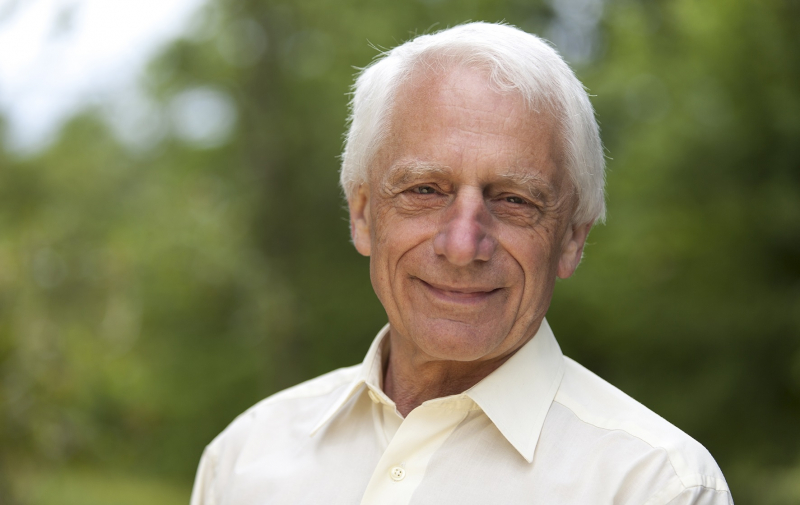
We can’t do without a question on the pandemic. What kind of effect do you think it has had on the world?
The whole world has been affected by this pandemic. All the various regulations to avoid more infection mean that people’s lives are changing, at the level of their social life, economy, politics, and medicine. However, I have doubts that this is a long-lasting change. We are still in the phase of adaption, which means, we are changing things only based on the current situation.
Some people have really suffered a lot from this crisis, either economically, or in terms of their health, or deaths of close family. In this way, it has been a really life changing situation for the 20-30% of the population who have truly suffered as a result of the virus.
For most people it’s not a crisis, it’s just a question of adapting. We have to spend more time with ourselves, at home, and online. Some people actually prefer some of these changes, such as working from home, or meeting online rather than costly trips of meetings. There are some positives, that will make us reflect on new ways of living, and encourage us to make changes.
Whatever changes that this pandemic has had on our lives, whether good or bad, the human being will last longer than this pandemic, and will take up some new and positive things for their life, regardless of the circumstances.
Higher school Sreda Obuchenia is hosting an open lecture course with Dr. Längle. Here, you can sign up for the next lectures that will take place on April 27 and May 18. The lectures are in German with Russian subtitles available.
